Indigenous Health Equity Unit
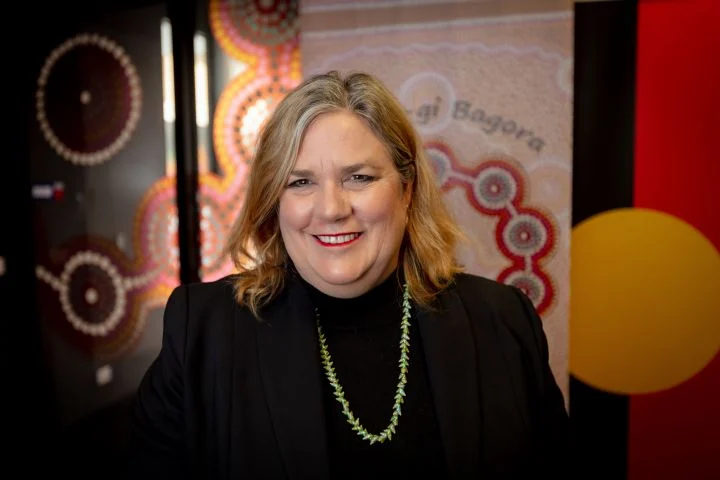
The Indigenous Health Equity Unit is a research and teaching unit at The University of Melbourne committed to partnering with and producing research for Aboriginal and Torres Strait Islander communities.
We undertake rigorous, innovative research and teaching, centred on the strength and resilience of Aboriginal and Torres Strait Islander peoples, to promote wellbeing. Our work is underpinned by the principles of self-determination. We work in partnership with communities and appreciate the support of Community Elders.
Our academic program is based on Aboriginal and Torres Strait Islander values and principles, and respects the contribution and cultural background of all who work with us.

Current projects
We undertake research in health and wellbeing, that delivers tangible, useful outcomes with and for Aboriginal and Torres Strait Islander peoples. This research is done in partnership with Koori Community, with the support of Elders. You can see our current projects below.
-
Healing the past by nurturing the future
Promoting healing and change. Co-designing and implementing perinatal strategies for Aboriginal and Torres Strait Islander parents experiencing complex trauma
-
Culture, trauma and COVID-19
-
Replanting the Birthing Trees to support Aboriginal and Torres Strait Islander parents and babies
Intergenerational trauma is a root cause of health inequities, and addressing this is essential for Closing the Gap. Trauma-integrated, culturally safe and skilful continuity-of-care for parents experiencing trauma and violence is a serious service gap and a national priority.
- Professor Cath Chamberlain
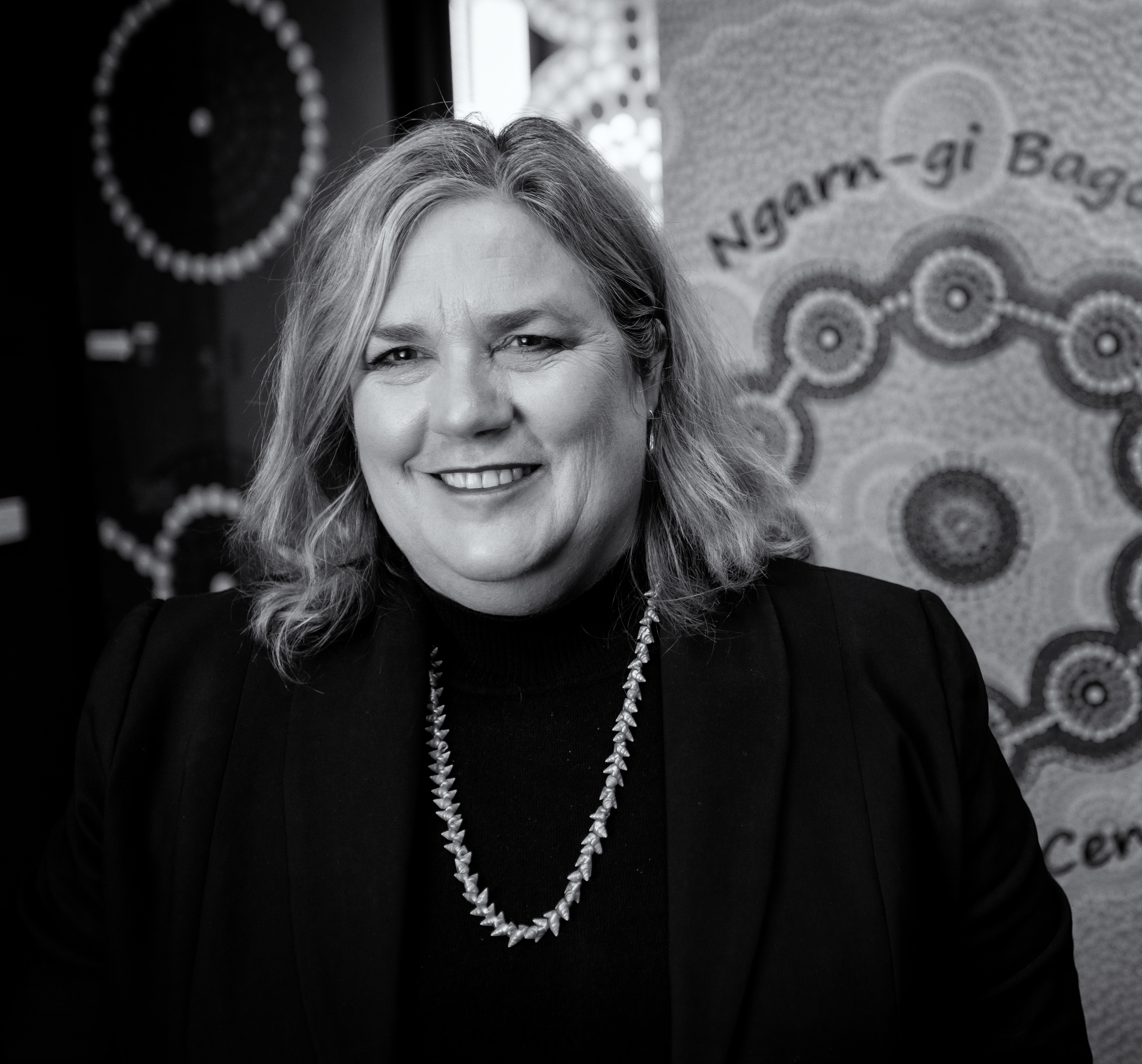
Midwife/Professor of Indigenous Health, The University of Melbourne
- Associate Professor Caroline Atkinson
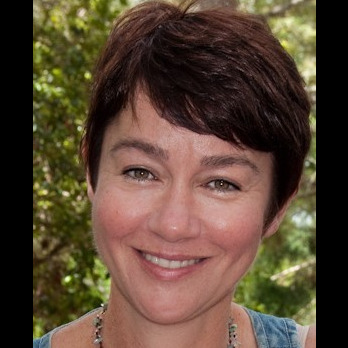
Associate Professor in Indigenous Health
- Dr Kimberley Jones
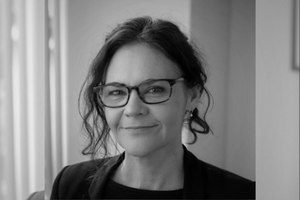
Research Fellow - Indigenous Health Equity Unit
- Dr Jacqui Sundbery
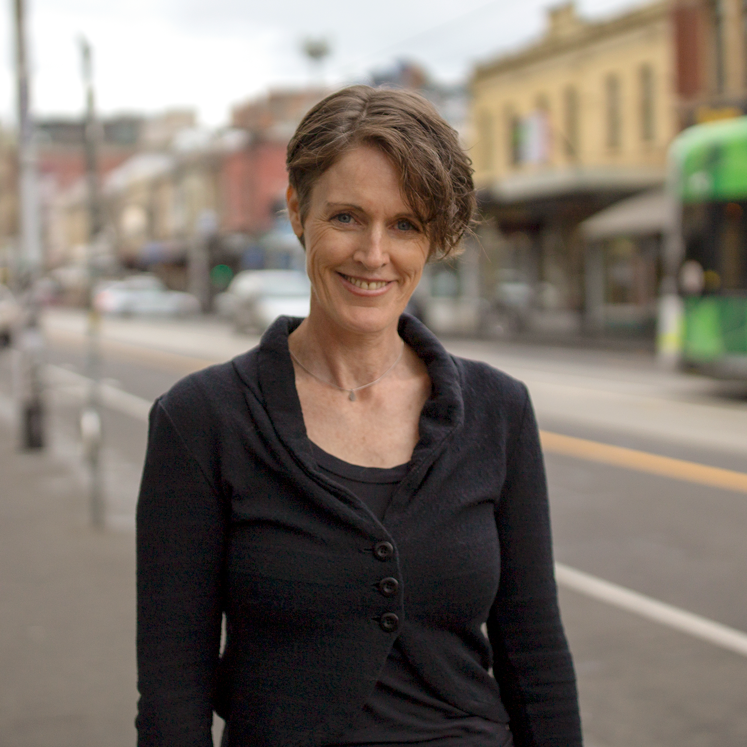
Enterprise Fellow - Indigenous Health Equity Unit
- Ms Jill Donnelly
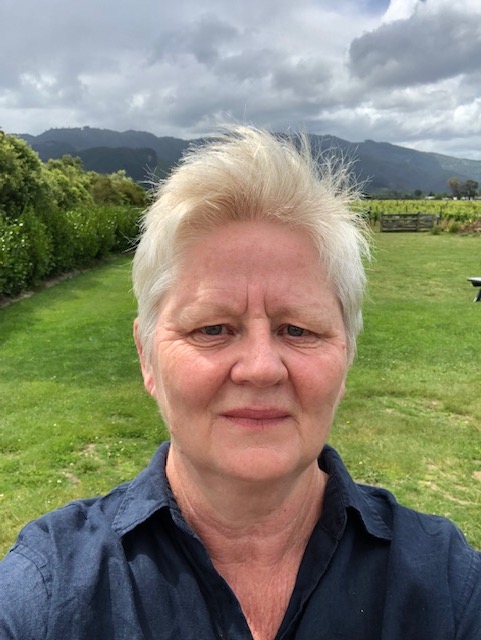
Site Implementation Coordinator Replanting the Birthing Trees Project
- Ms Maddy Lyon
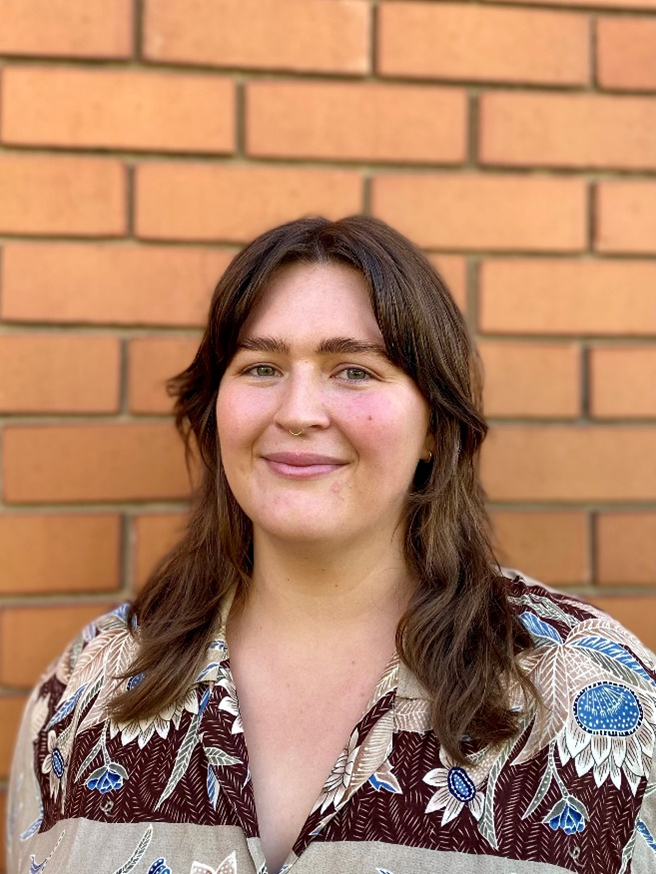
Research Assistant in Indigenous Health Equity
- Ms Ellen McEvoy

Research Assistant in Indigenous Public Health
- Ms Helen Henderson
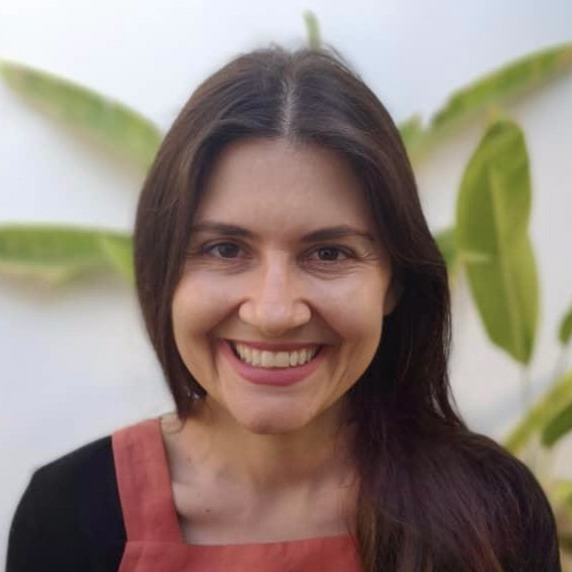
Research Fellow in Indigenous Public Health
- Ms Shakira Onwuka
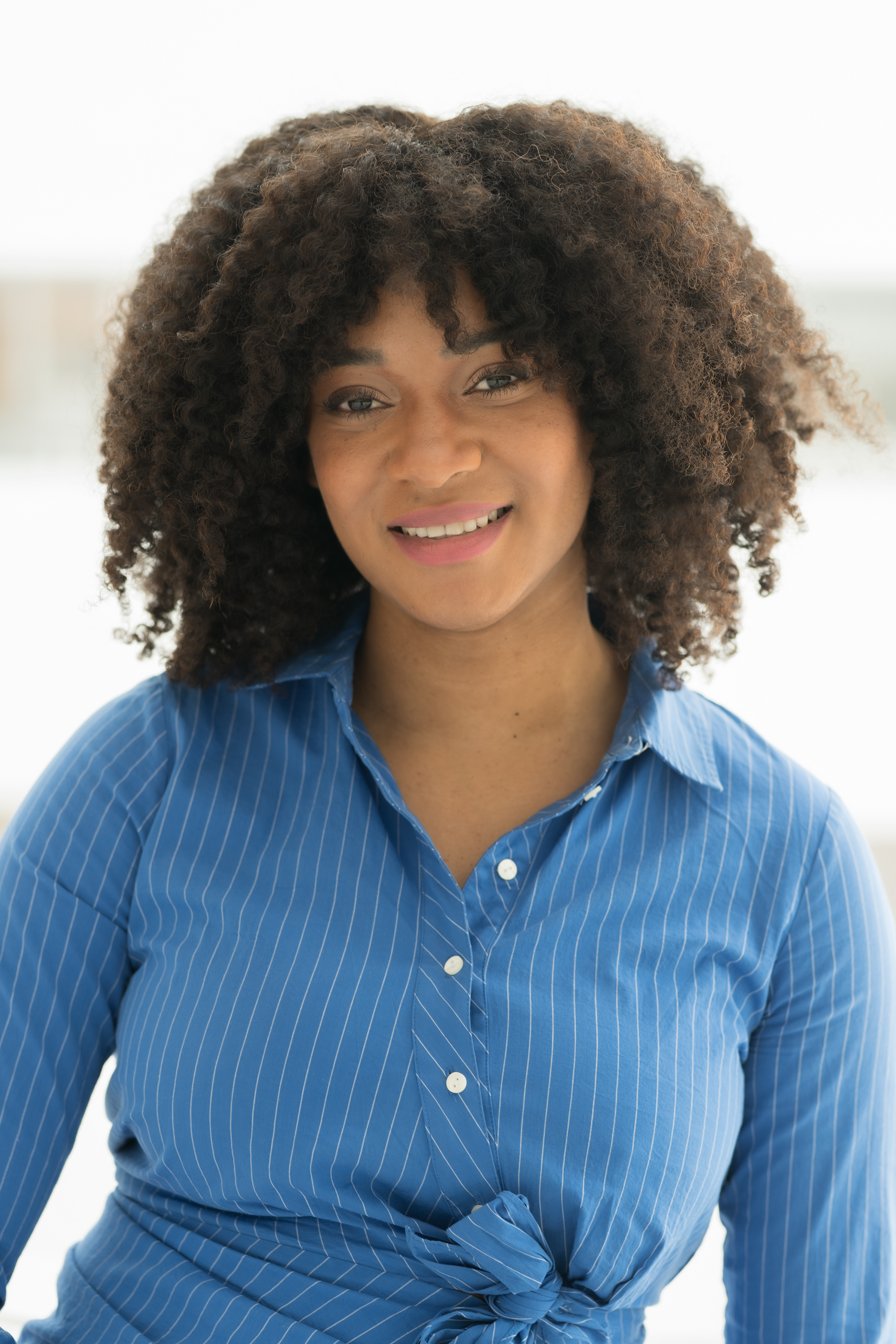
Research Fellow in Indigenous Public Health
- Ms Liv Mauerhofer
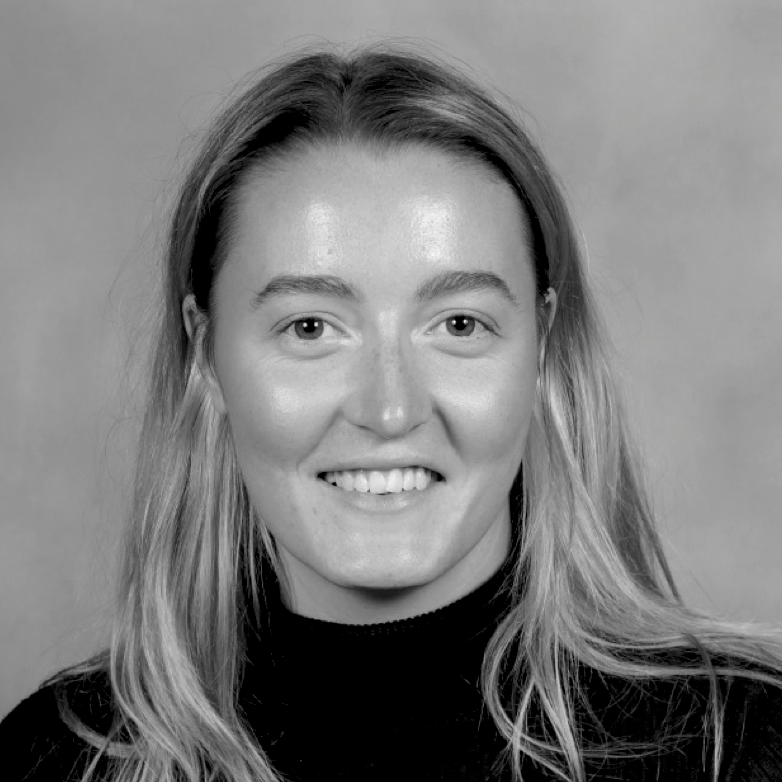
Research Assistant in Indigenous Public Health
- Ms Neve Bue

Research Assistant in Indigenous Health Equity
- Ms Skye Stewart
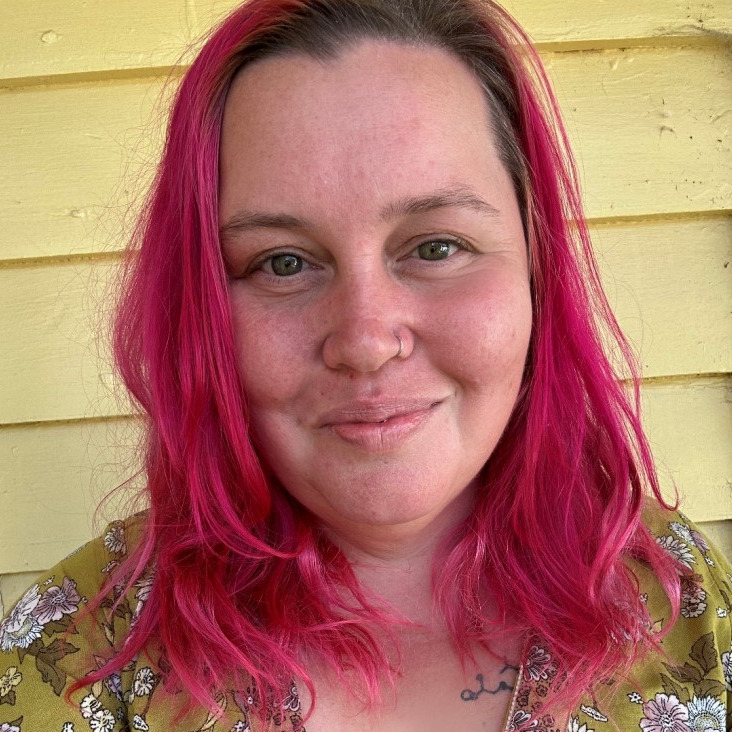
Research Assistant in Indigenous Health Equity
- Ms Leanne Slade
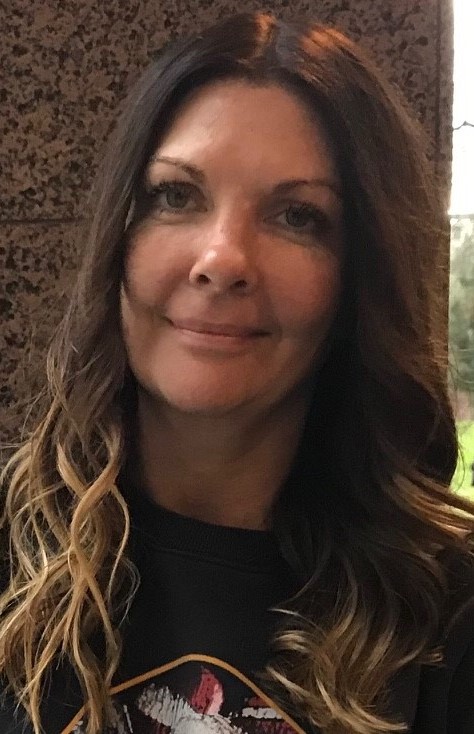
Administrative Assistant, Indigenous Health Equity Unit
- Ms Amali Andrews
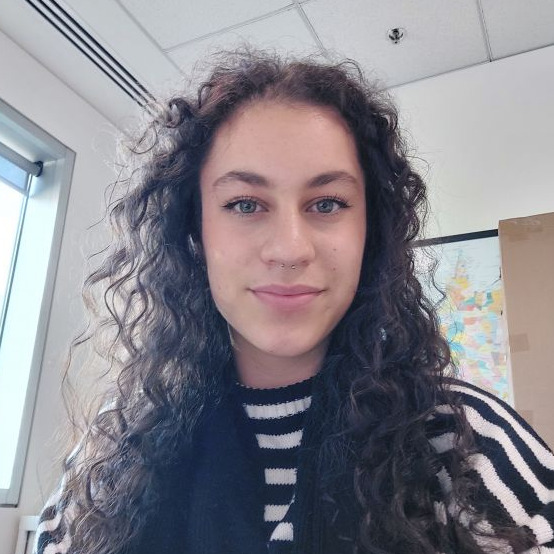
Indigenous Public Health Intern, Onemda
Professor Cath Chamberlain
Midwife/Professor of Indigenous Health, The University of Melbourne
Cath is a Palawa woman of the Trawlwoolway clan (Tasmania), registered midwife and public health researcher. Since graduating from her PhD in 2015, she has established a highly productive program of research to improve health for children and families, which has been recognised in prestigious awards. She has over 75 peer reviewed journal publications and secured over $32 million in competitive research funding. Her research has generated evidence on effective strategies to support women to stop smoking in pregnancy, which has informed international and national guidelines. She currently leads large multi-disciplinary multi-jurisdictional projects to develop, implement and evaluate perinatal strategies to support Aboriginal and Torres Strait Islander parents experiencing complex trauma.
Associate Professsor Caroline Atkinson
Associate Professor in Indigenous Public Health
Carlie is an Aboriginal social worker and leader in the area of intergenerational trauma in Indigenous Australia. She developed the first culturally sensitive, reliable and valid psychometric measure in Australia that determines PTSD in Australian Aboriginal peoples.
Dr Kimberley Jones
Research Fellow in the Indigenous Health Equity Unit
Dr Kimberley Jones is a non-indigenous researcher born on Awabakal Country, now living on Wurundjeri Country in the Kulin Nation. Kim is a Research Fellow with expertise in evidence synthesis and trauma research. Kim’s research interests are focused on health equity in marginalised populations. She is passionate about improving health and wellbeing outcomes in Aboriginal and Torres Strait Islander populations. Kim completed undergraduate studies in biomedical science, a PhD in Neuroscience studying the effect of stress-related immune responses in the brain, and a Master of International Public Health at UNSW. Kim’s background includes work in health behaviour research, knowledge translation, clinical trials, chronic illness translational research, and trauma-related mental health research. Kim has extensive experience in guideline development, evidence synthesis, and research project design and implementation.
Dr Jacqui Sundbery
Enterprise Fellow in the Indigenous Health Equity Unit
Dr Jacqui Sundbery, Enterprise Fellow in the Replanting the Birthing Trees project at Onemda, is a researcher and family therapist with a background in the arts. Prior to coming to Onemda, Jacqui was the general manager, research and practice at the Youth Support and Advocacy Service. She led state-wide service development and research translation projects around staff social and emotional wellbeing, the inclusion of family and community in care and has supported capacity building projects in family violence, Out of Home Care and Inclusion and Equity. Jacqui completed her PhD in 2015 which explored the effectiveness of family therapy-family healing training and practice in working with substance use issues in Aboriginal and Torres Strait Islander communities. She has also worked in the Indigenous Program at The Bouverie Centre delivering the Graduate Certificate in Family Therapy: First Nations and was part of the Working with the Mob family therapy-family healing team. Jacqui has coordinated a number of large state-wide workforce development projects and enjoys collaboration and participatory models of research and practice..
Ms Jill Donnelly
Site Implementation Coordinator Replanting the Birthing Trees Project
Ms Jill Donnelly was born in Aotearoa, New Zealand, and completed her nursing and midwifery training in Aotearoa. She has lived on the Boonwurrung land of the Kulin Nation for 20 years.Jill has worked in women’s and children’s health for 40 years and has extensive experience in the maternity sector as both a clinician and a manager across rural and metropolitan settings – the social determinants of health have been foundational to her work in this area.
Ms Maddy Lyon
Research Assistant in Indigenous Health Equity
Ms Maddy is a non-Indigenous woman from Wardandi Noongar Boodja, now living on Wurundjeri Country in the Kulin Nation. She joined the team as a Research Assistant in 2023 and has since completed a Bachelor of Science (Physiology) and Bachelor of Arts (Indigenous Cultures and Histories) at Monash University in 2024. Maddy predominantly works on the Resource Repository and Support Framework workstream of the Replanting the Birthing Trees project.
Ms Ellen McEvoy
Research Assistant in Indigenous Public Health
Ellen is a non-indigenous woman working as a research assistant in the IHEU team. Ellen is a registered midwife, originally from the UK where she trained and worked as a midwife until moving to live on the Wurundjeri land of the Kulin Nation. Her experience and passion lie in Midwifery Continuity of Carer and the impact of relational continuity in the perinatal period..
Ms Helen Henderson
Research Fellow, Indigenous Public Health, The University of Melbourne
Helen’s experience with participatory and community-led approaches will be of great benefit to the Healing the Past by Nurturing the Future and Replanting the Birthing Trees projects. Helen is an experienced public health professional specialising in sexual and reproductive health and rights. She has recently moved to Melbourne after ten years living and working across the Asia-Pacific region, predominately in Timor-Leste and Thailand. She is in the final stages of completing her PhD at The University of Melbourne..
Ms Shakira Onwuka
Research Fellow, Indigenous Public Health, The University of Melbourne
Shakira Onwuka is a non-Indigenous researcher from Atlanta, Georgia, United States, and has been living on Wurundjeri Country in the Kulin Nation since 2015. She serves as a Research Fellow, contributing to projects like "Replanting the Birthing Trees" and "Healing the Past by Nurturing the Future." Her work focuses on addressing intergenerational trauma and health equity for Aboriginal and Torres Strait Islander communities. Shakira specializes in implementation science, mixed-methods research, epidemiology, and public health, leveraging her experience to advance the unit's goals. During her PhD, she conducted a randomized controlled trial on aspirin's efficacy in preventing bowel cancer and chronic illnesses. As an African American woman, she is thrilled to support indigenous research and researchers to make positive change for their communities.
Ms Liv Mauerhofer
Research Assistant, Indigenous Public Health, The University of Melbourne
Liv is a non-Indigenous woman from Bunurong/Boon Wurrung Country in South East Victoria. Liv studied a Bachelor of Arts at the University of Melbourne, and completed her Honours of Psychology in 2023. She has gained experience using positive psychology and trauma informed care models at the Department of Education. Liv is interested in the interplay between Indigenous and Western models of mental health, and the importance of education, research, and policy in order to create effective and equitable Aboriginal and Torres Strait Islander community health programs and outcomes.
Ms Neve Bue
Research Assistant, Indigenous Health Equity, The University of Melbourne
Ms Neve Bue is a non-Indigenous woman who has recently relocated to Naarm/Melbourne from Meanjin/Brisbane. She is a 2022 Bachelor of Psychology and Bachelor of Social Work graduate with clinical and community experience to bring to the role of Research Assistant in the Indigenous Health Equity Unit. She looks forward to working predominately in the SAFeST Start Stream within the Replanting the Birthing Trees Project.
Ms Leanne Slade
Administrative Assistant, Indigenous Health Equity Unit
Leanne is an administrative officer with experience working in administration at a cultural institution. Leanne has a background in early childhood education delivering nature-based programs to children.
Ms Amali Andrews
Indigenous Public Health Intern, Onemda
Amali is a Trawlwoolway Palawa woman, and has recently completed her Year 12 year. Amali is currently studying a Bachelor Arts (Extended) at the University of Melbourne, majoring in sociology and Indigenous studies. Amali is interested in issues impacting on Indigenous young people, women and students and is currently involved in an Indigenous Public Health internship at Onemda.
Skye Stewart
Research Assistant, Indigenous Public Health
Skye Stewart is a Wergaia and Wemba Wemba midwife, researcher and mumma, living and working on their own Country. As the recipient of the 2021 Stillbirth Centre of Research Excellence Fellowship award, Skye created a nation first support guide for Aboriginal families following stillbirth titled 'Jiba Pepeny ; Star Baby. Supporting your journey after losing bub'. Working tirelessly in the space of stillbirth and SIDS prevention and bereavement (Sorry Business) care, Skye's cultural role and responsibility to do what they can to ensure Aboriginal parents and their babies stay safe, well, alive and together. As Skye's Nan always told her "if your heart leads the way, you can lead the way for change.

Relationships sustain our work
Our partners include community controlled organisations like
- the Lowitja Institute
- the Victorian Aboriginal Community Controlled Health Organisation, and
- the National Aboriginal Community Controlled Health Organisation
We also work with governments, health departments and universities at local, national and international levels. The efforts of our team have been recognised in awards, grants and fellowships.
Get involved
Research collaborations range from Aboriginal and Torres Strait Islander communities advising our researchers on how best to deliver health and wellbeing programs to government departments developing policy.
Research Fellow in Indigenous Public Health
'Come join our Onemda team and help to improve Indigenous Health'
The position involves exciting research opportunities in Indigenous-led projects with community partners and revitalising the Onemda Centre for Health and Wellbeing with a passionate and dedicated team. Please encourage early career researchers to apply (link here).
Job No: 0053389
Location: Parkville
Role Type: Full-time or Part-time 0.8 FTE, Fixed-term until October 2024
Faculty: Faculty of Medicine, Dentistry and Health Sciences
Department/School: Indigenous Health Equity Unit, Centre for Health Equity
Salary: Level B - $110,236 - $130,900 p.a. plus 17% super
We are seeking a highly motivated Postdoctoral Research Fellow with a research background in qualitative and/or mixed methods research, particularly using action research approaches. The position will require PhD or equivalent qualifications/experience in one or more of epidemiology, health or allied health (e.g. psychology, medicine, nursing/midwifery), quantitative social science or related disciplines. The successful applicant will contribute to supporting, developing and managing a program of research, contribute to teaching and work as part of an Aboriginal-led interdisciplinary research team of Indigenous and non-Indigenous researchers.
Applications close: Thursday 27 October, 2022
Please contact Professor Cath Chamberlain for further information.